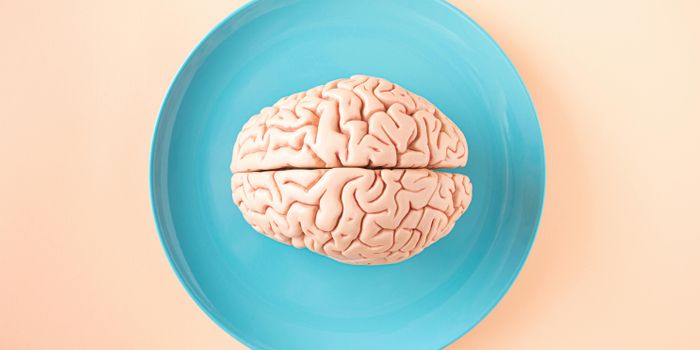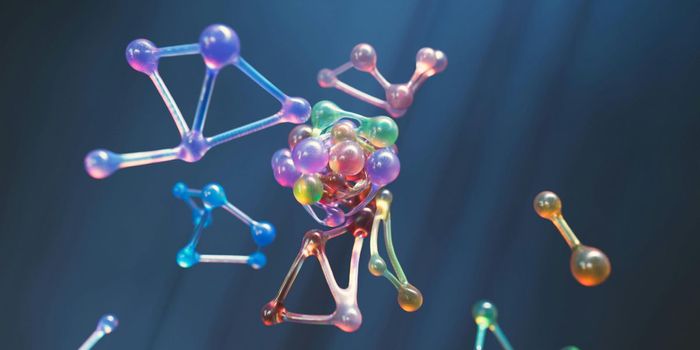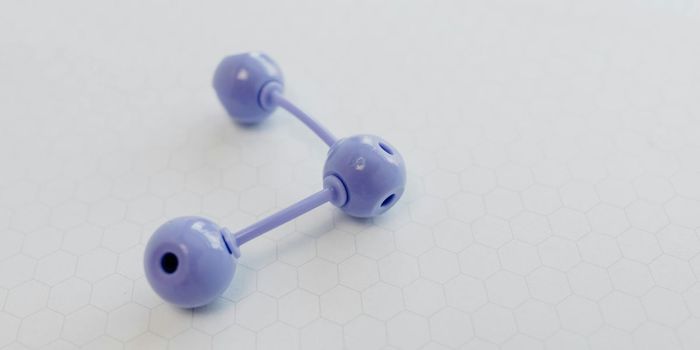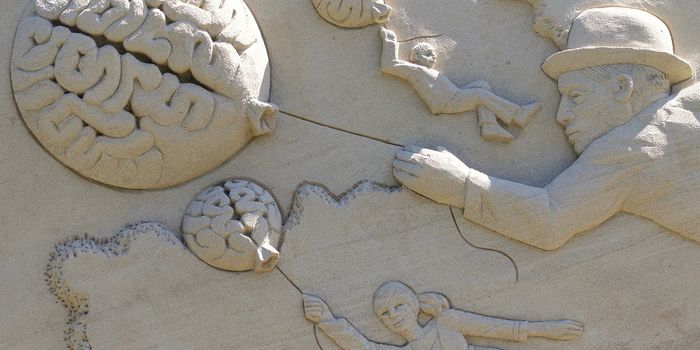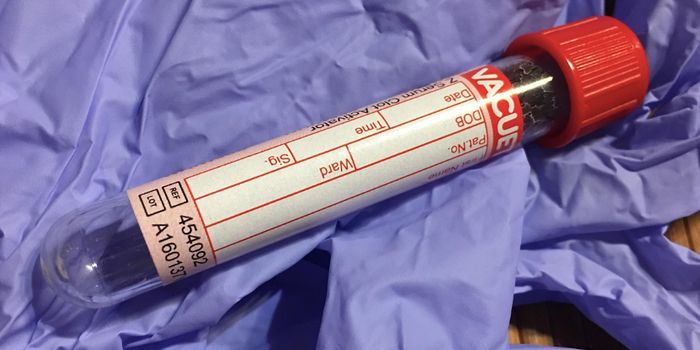AI Robot Boosts Social Skills in Autistic Children
A team of researchers from the University of Southern California have developed a “socially assistive robot” called Kiwi that is capable of teaching autistic children both how to do math, and socialize.
For their study, the researchers placed a version of Kiwi in the homes of 17 children with autism to give each child personalized classes for a month. During this time, the children played space-themed math games on tablet devices alongside Kiwi’s instructions and feedback. Via machine learning algorithms, over time, Kiwi was able to adjust its feedback to garner the best response from each child, as well as the difficulty of each game to better suit each child’s needs.
More than this, aside from assessing their mathematical abilities, using cameras installed above each tablet device, the researchers were also able to examine data such as each child’s eye gaze, head pose and audio pitch together alongside their performance on a given task. In doing so, they were able to understand the children’s levels of engagement, allowing Kiwi to re-engage them in tasks at hand.
At the end of the study, that engagement rates among the children ranged between 48% and 84% on average, with Kiwi being able to detect disengagement with 90% accuracy, despite potential distractions including other home appliances and passing friends and family. In particular, the researchers found that children were most engaged in the minute immediately after the robot had spoken.
More than this, the researchers found that interacting with Kiwi was able to improve the mathematical abilities of every child involved in the study, as well as social skills among the vast majority- 92%- of the children.
Co-author of the study, Maja Mataric said, “The purpose of a socially assistive robot, in general, is to serve in the role of a motivating and supportive companion. In the specific context of this study, the robot served to motivate the children to do the math exercises, and to support them as they were succeeding or failing during those exercises."
Although promising results, especially considering high costs of therapy making such interventions typically inaccessible to most people, Mataric added that the same effects may be achieved without Kiwi too. She continued, “The most therapeutic effects come from caring human interactions...Parents, siblings, caregivers and friends can effectively motivate and support learning and therapy of children with ASD by paying careful attention to what children find rewarding and encouraging, and focusing on those interactions, shaping toward the child's specific needs."
Sources: Newsweek, Science Robotics and The Next Web



